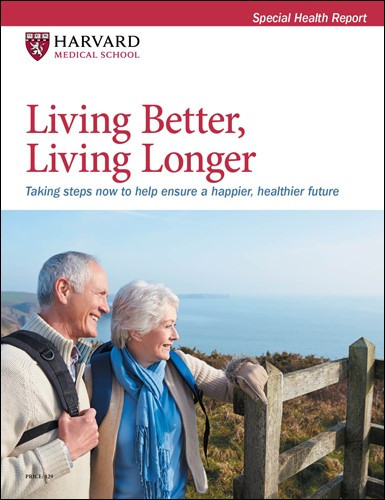Can varied social interactions boost well-being?
News briefs
- Reviewed by Anthony L. Komaroff, MD, Editor in Chief, Harvard Health Letter; Editorial Advisory Board Member, Harvard Health Publishing

How many people have you interacted with today, and what kinds of relationships do you have with them? A study led by our colleagues at Harvard Business School, published online Oct. 17, 2022, by the Proceedings of the National Academy of Sciences, suggests that the more diverse your "portfolio" of social interactions, the happier you’ll be. Researchers evaluated the responses from four different surveys of more than 51,000 people around the world. Respondents reported their well-being or happiness and their previous day’s social interactions (whether they interacted with strangers, acquaintances, friends, or family). Scientists found that the more diverse the relationships were, the happier respondents said they felt, over and above their total time spent interacting and the total number of interactions they had. In other words, beyond seeing your spouse or family every day, you may get an additional happiness boost if you also see or chat with other people in your world, such as a coworker, the check-out person at your grocery store, a neighbor, a dear friend, or a buddy you haven’t talked to in a while. The study found only an association and doesn’t prove conclusively that diverse social interactions improve well-being. But why not try it? The interactions might just make your day.
Image: © MoMo Productions/Getty Images
About the Author

Heidi Godman, Executive Editor, Harvard Health Letter
About the Reviewer

Anthony L. Komaroff, MD, Editor in Chief, Harvard Health Letter; Editorial Advisory Board Member, Harvard Health Publishing
Disclaimer:
As a service to our readers, Harvard Health Publishing provides access to our library of archived content. Please note the date of last review or update on all articles.
No content on this site, regardless of date, should ever be used as a substitute for direct medical advice from your doctor or other qualified clinician.
















